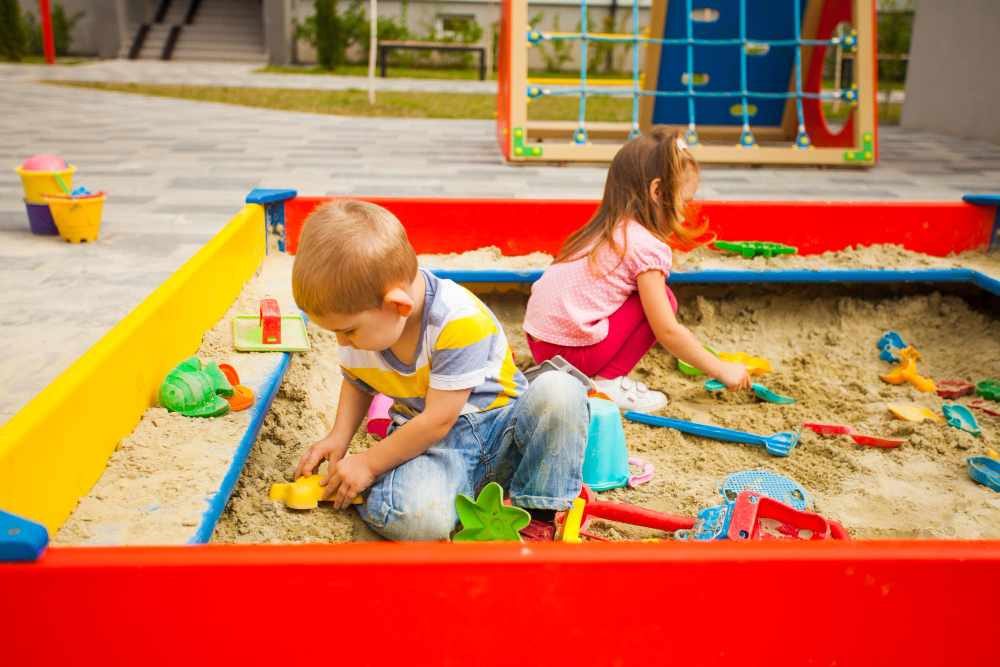Introduction
In today’s fast-paced world, the role of the home in shaping a child’s character
and values cannot be overstated.
As parents and guardians, we often worry about the influences our children
encounter outside the home, but it’s essential to remember that values begin at
home.
Children are watching and learning from home more than we realize.
In this article, we will explore the significant impact that the home environment
has on a child’s values and how parents can foster positive development while
optimizing their learning experiences at home.
Setting the Example
Children learn by observing and emulating the behavior of their parents or
caregivers.
The home environment provides a constant and influential model for children to
follow.
Therefore, it’s crucial for adults to exemplify the values they wish to instill in their
children.
Whether it’s honesty, kindness, or perseverance, demonstrating these qualities
at home creates a strong foundation for children to build upon.
Open Communication
Effective communication within the family is essential for children to learn
values.
Encouraging open discussions about moral dilemmas, ethical choices, and real-
life situations can help children understand the complexities of values.
This not only promotes critical thinking but also allows children to voice their
opinions and seek guidance when needed.
Establishing Family Traditions
Family traditions and rituals play a significant role in shaping a child’s values.
Whether it’s celebrating cultural holidays, family movie nights, or volunteering
together, these activities create a sense of belonging and reinforce the
importance of shared values.
These experiences provide lasting memories and teach children about empathy,
teamwork, and respect for others.
Online Learning and Supervision
In today’s digital age, children spend a considerable amount of time online for
educational purposes and leisure.
It’s vital for parents to monitor their online activities and provide guidance on
responsible internet use.
Teach them about online etiquette, privacy, and the importance of discerning
reliable information from the vast sea of online content.
Balancing Technology and Real-life Experiences
While technology is a valuable tool for learning, it should not replace real-life
experiences.
Encourage children to participate in outdoor activities, hobbies, and social
interactions.
These experiences foster a deeper understanding of values such as teamwork,
resilience, and empathy that cannot be fully grasped through screens alone.
Cultivating Empathy and Compassion
Teaching children the value of empathy and compassion is crucial in today’s
diverse world.
Engage in discussions about different cultures, backgrounds, and perspectives.
Encourage acts of kindness and volunteering to demonstrate the importance of
helping others less fortunate.
Providing a Safe and Supportive Environment
Creating a safe and supportive home environment is paramount for children’s
emotional well-being.
When children feel secure and loved at home, they are more likely to develop
positive values such as self-esteem, respect for others, and emotional
intelligence.
Conclusion
Values begin at home, and children are constantly watching and learning from
their surroundings.
Parents and caregivers play a central role in shaping their children’s values
through their actions, communication, and the overall home environment.
By setting a positive example, fostering open communication, and creating
meaningful family experiences, parents can ensure that their children grow up
with a strong foundation of values that will serve them well throughout their lives.
In today’s digital age, it’s essential to strike a balance between online and offline
experiences while emphasizing empathy, compassion, and respect for others.
In doing so, parents can help their children become responsible, compassionate,
and ethical individuals who contribute positively to society.
![]()












